Germany, France, Italy, Romania back EU ‘candidate status’ for Ukraine
Germany, France, Italy, and Romania say they back Ukraine’s candidacy for membership in the European Union, despite Russia’s strict opposition to the prospect.
“All four of us support the status of immediate candidate for membership,” French President Emmanuel Macron told reporters at a joint news conference in the Ukrainian capital Kiev on Thursday.
He was speaking alongside German Chancellor Olaf Scholz, Italian Prime Minister Mario Draghi, and Romanian President Klaus Iohannis.
The four states also announced similar support for EU candidacy status for Moldava, Ukraine’s neighbor.
“Germany is in favor of a positive decision,” said Scholz, adding that “Ukraine belongs to the European family.”
The European Commission is expected to officially recommend granting Ukraine and Moldova the membership candidacy on Friday.
A final decision, however, rests on the shoulders of EU countries, which are to meet in Brussels next week to discuss the issue.
Reporting Thursday’s development, American news and analysis website Politico noted that “Ukraine will also probably have to first reach a peace agreement with Russia before any talks with the EU could begin.”
In February, Russian President Vladimir Putin ordered a military operation in Ukraine aimed at “demilitarizing” the country’s eastern region of Donbas.
In 2014, the two regions of Luhansk and Donetsk, which together form the Donbas, declared themselves new republics, refusing to recognize Ukraine’s Western-backed government.
Announcing the operation, Putin said the mission was aimed at “defending people who for eight years were suffering persecution and genocide by the Kiev regime.”
The European countries’ decisive push to enable Ukraine’s EU membership comes while Russia has clearly stated that the prospect runs directly counter to Moscow’s list of “security demands” concerning the ex-Soviet republic.
As part of the demands, Moscow has urged Ukraine to refuse to join any bloc, whether the EU or the Western military alliance of NATO, and also provide due protection for Russia's interests on its soil.
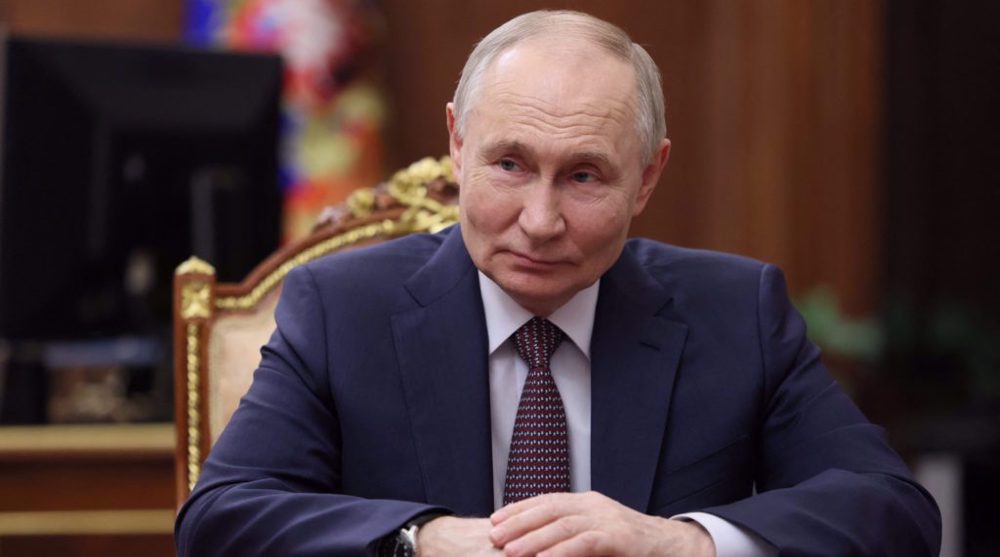
Putin says not opposed to Europeans’ involvement in Ukraine talks
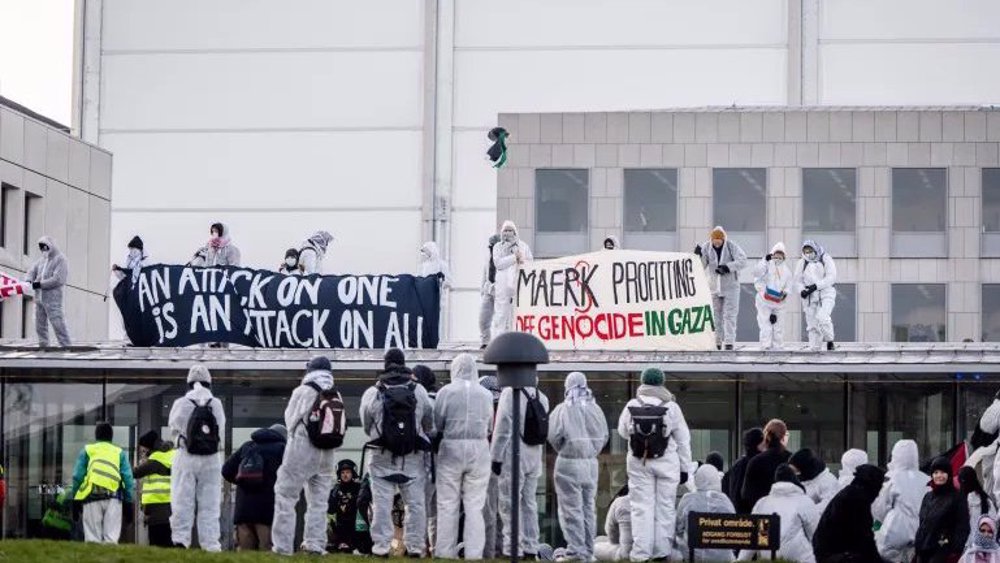
Danish police arrest 20 people protesting to stop military shipment to Israel
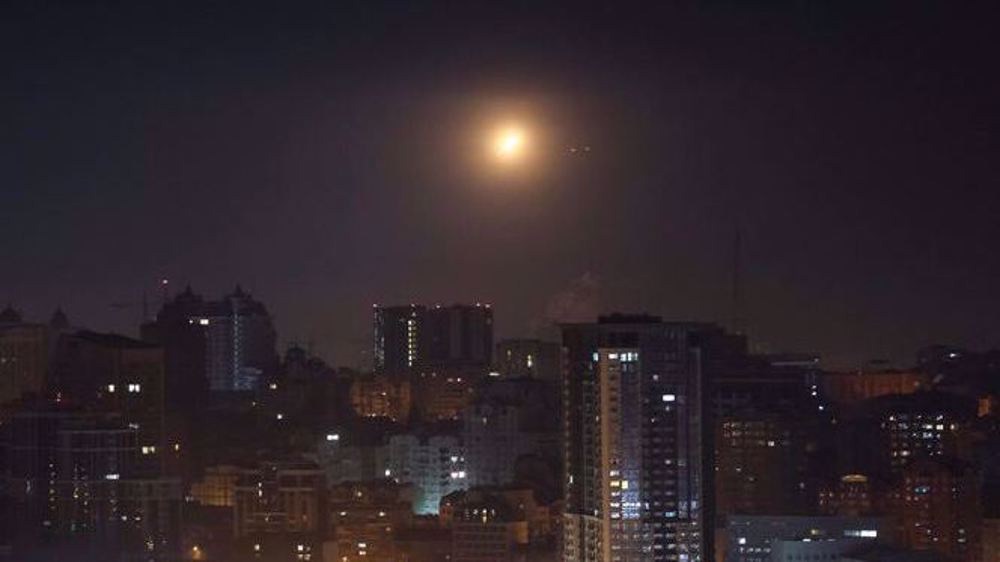
Russia launches ‘record’ strikes on Ukraine: Kiev
Iranian flotilla makes port call in India with 'friendship message'
How UK counter-terror police colluded with Zionists to detain me after Beirut trip
Biden, Blinken, Austin referred to ICC over Gaza war crimes
EU will 'do the same' if US implements tariff hikes: France
VIDEO | Press TV's news headlines
British celebrities condemn BBC removal of Gaza documentary
Iran Army acquires tactical vehicles, audio surveillance systems
VIDEO | UK police detain anti-Zionist scholar upon return from Lebanon


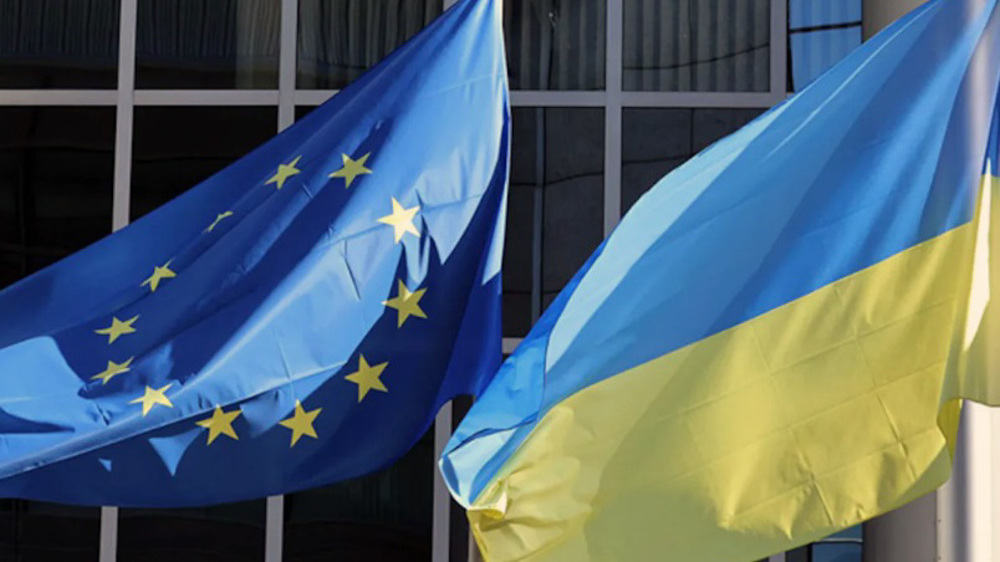
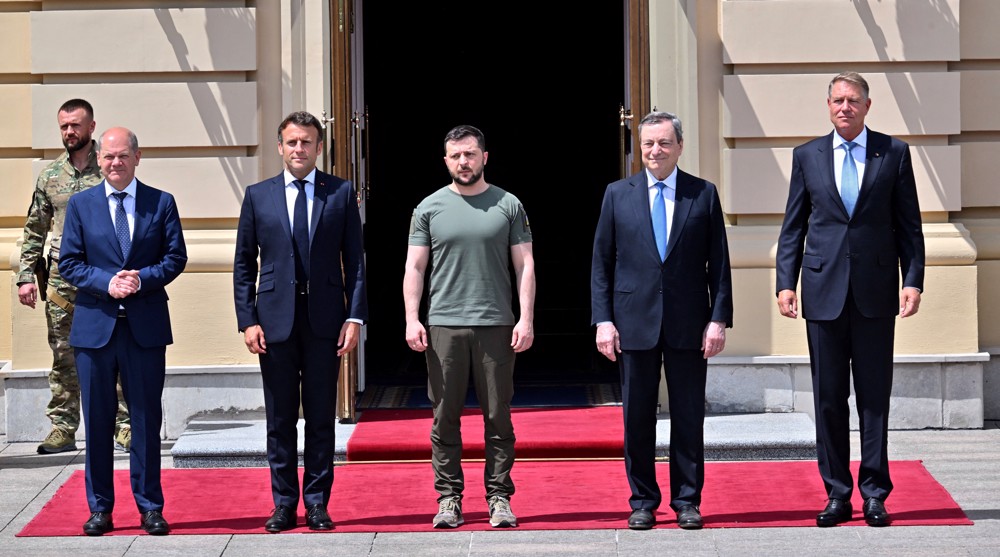



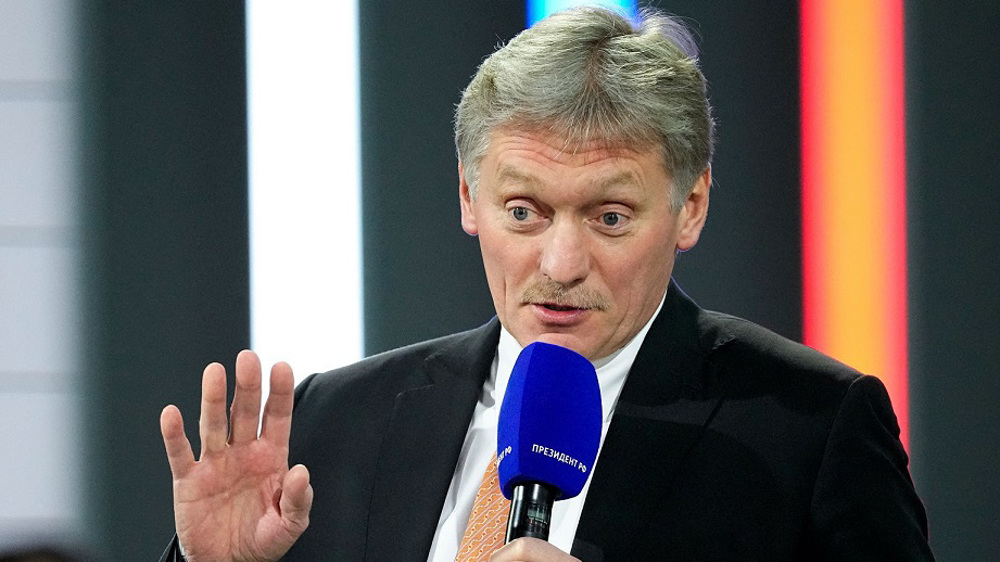
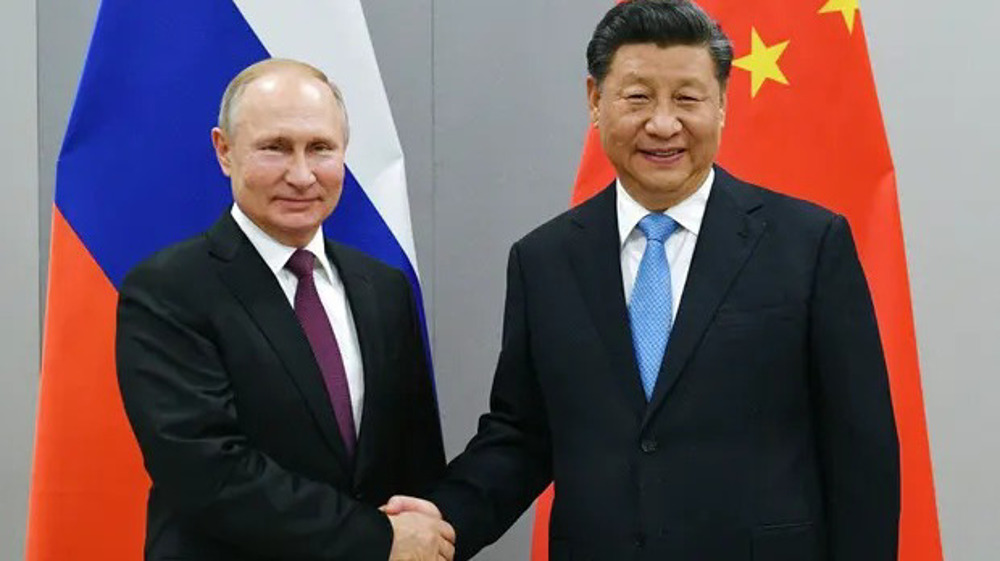
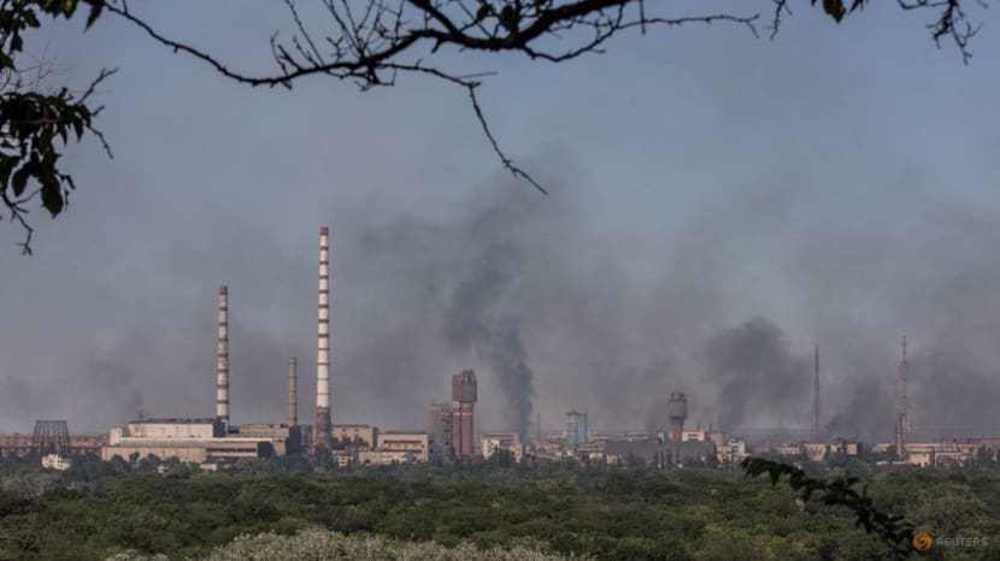

 This makes it easy to access the Press TV website
This makes it easy to access the Press TV website